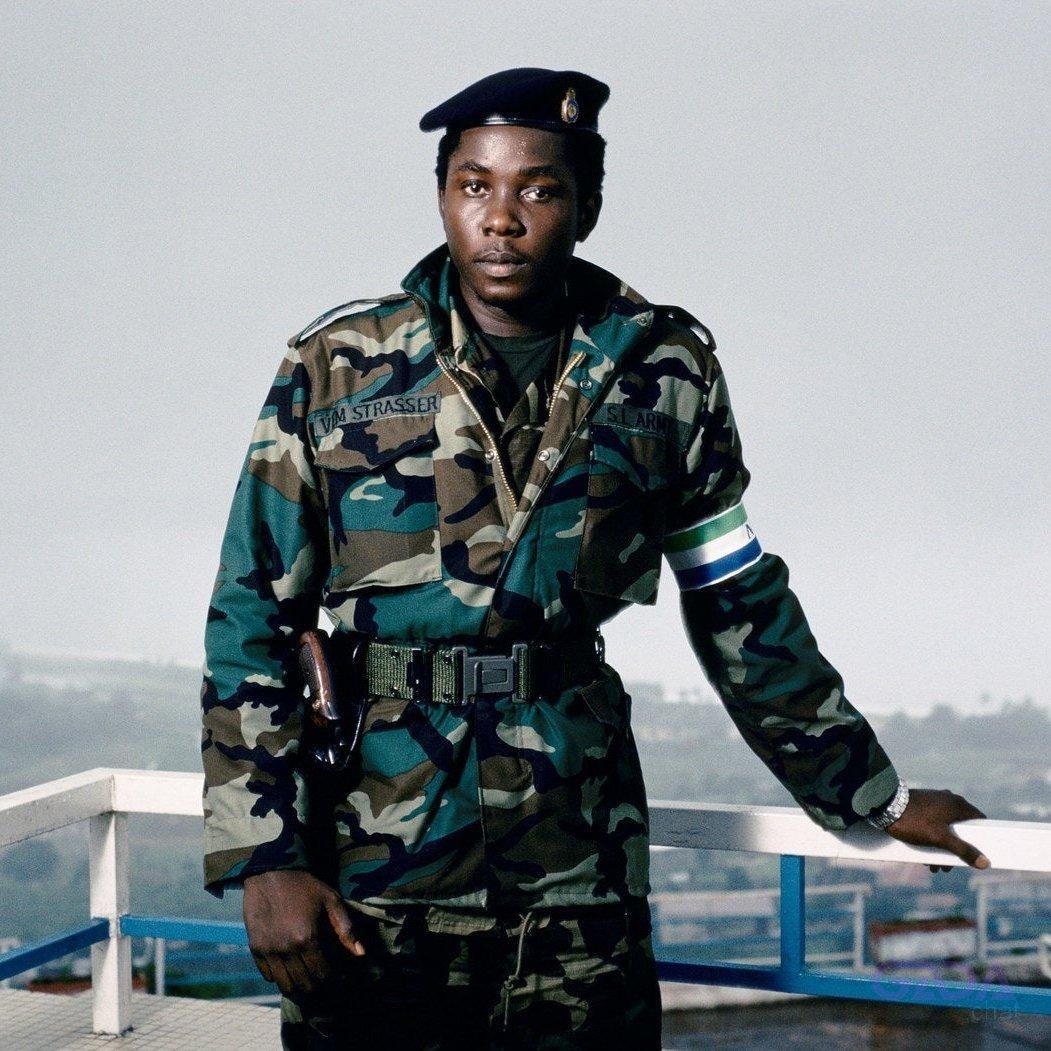DUNAMIS SEEDS OF DESTINY A Daily Devotional by Dr. Pastor Paul Enenche
FRIDAY, 11TH JULY 2025
TOPIC: MENTAL SLAVERY – THE WORST KIND OF SLAVERY
SCRIPTURE: And the children of Israel said unto them, Would to God we had died by the hand of the Lord in the land of Egypt, when we sat by the flesh pots, and when we did eat bread to the full; for ye have brought us forth into this wilderness, to kill this whole assembly with hunger. EXODUS 16:3.
THOUGHT FOR THE DAY: Whatever you see coming will come.
The study of medicine confirms that one of the secrets of good treatment is a good diagnosis. Good therapeutics are predicated on good diagnosis, because a health challenge you cannot diagnose, you cannot treat.
Most people do not know what their problems are. And when you don’t understand the problem, you will never be able to find the solution.
I was baffled by the story of the children of Israel. A people that God brought out from Egypt after 430 years of bondage. They suffered untold hardship in slavery before their liberation came. On their way from the land of slavery to the Land of Promise, they murmured at every little thing. And it looked to me like they were not free.
God remembered His covenant with Abraham, Isaac and Jacob and delivered them from bondage through mighty miracles, signs and wonders.
But even though they were now physically free and out of Egypt, the land of captivity, they were mentally bound in captivity, so they perished on their way to the Promised Land.
Beloved, it is one thing to come out of captivity, but it is another thing to get into destiny. It is one thing to come out of Egypt, but it is another thing to enter the Land of Canaan. The generation that came out of Egypt could not enter Canaan because of their unbelief and slavish mentality, except Joshua and Caleb who believed the Word of God.
There is a form of captivity that is worse than physical captivity. There is something worse than the oppressive hold of witches and wizards, and that is mental slavery and captivity. The worst kind of slavery or captivity on earth is mental slavery.
They came out of Egypt, but Egypt did not come out of them. A person can be physically free, but if he is mentally enslaved, nobody, including God, can help him. So, a great majority of people are blaming the devil for nothing; their real problem is mental slavery.
Let me give you one symptom of mental bondage or slavery. It is called bondage consciousness. When a person is mentally bound, he is bondage conscious.
There are people in many churches today who believe the devil is trying to attack them whenever they have a little dream. There are people who run from church to church, prophet to prophet for deliverance until there is no more place to go or prophet to run to. They can never imagine freedom. It is too real for them to believe that for one full year the devil did not pursue or attack them.
Beloved, believe in the finished work of Christ for you. Renew your mind with the Word of God so you can stay victorious.
Whatever you see coming will come. So, see yourself in liberty, success, peace, good health, prosperity and abundance.
Remember this: Whatever you see coming will come.
ASSIGNMENT(S):
1. Renew your mind daily with the Word of God.
2. Refuse to think about what you do not desire.
3. Reject every form of captivity mentality around you.
PRAYER: Lord, thank You for Your finished work at Calvary. I refuse to tolerate any form of captivity around me. I was freed at Calvary and remain free, Lord, in Jesus’ Name.
FOR FURTHER UNDERSTANDING, GET THIS MESSAGE: Mental Renovation
DAILY BIBLE READING: Ecclesiastes 9-11
QUOTE: When your altitude changes, your perspective will definitely change. Culled from the book, Riding the Storms of Life by Dr Paul Enenche.
AMAZING FACT: Beetroot is known for its blood pressure-lowering effects due to its high nitrate content. PROPHETIC DECLARATION/WORD: Every grip of mental captivity be broken by the power of the Spirit in Jesus Name.
#DrPaulEnenche
#DrBeckyPaulEnenche












